Cancer cases could double in 20 years
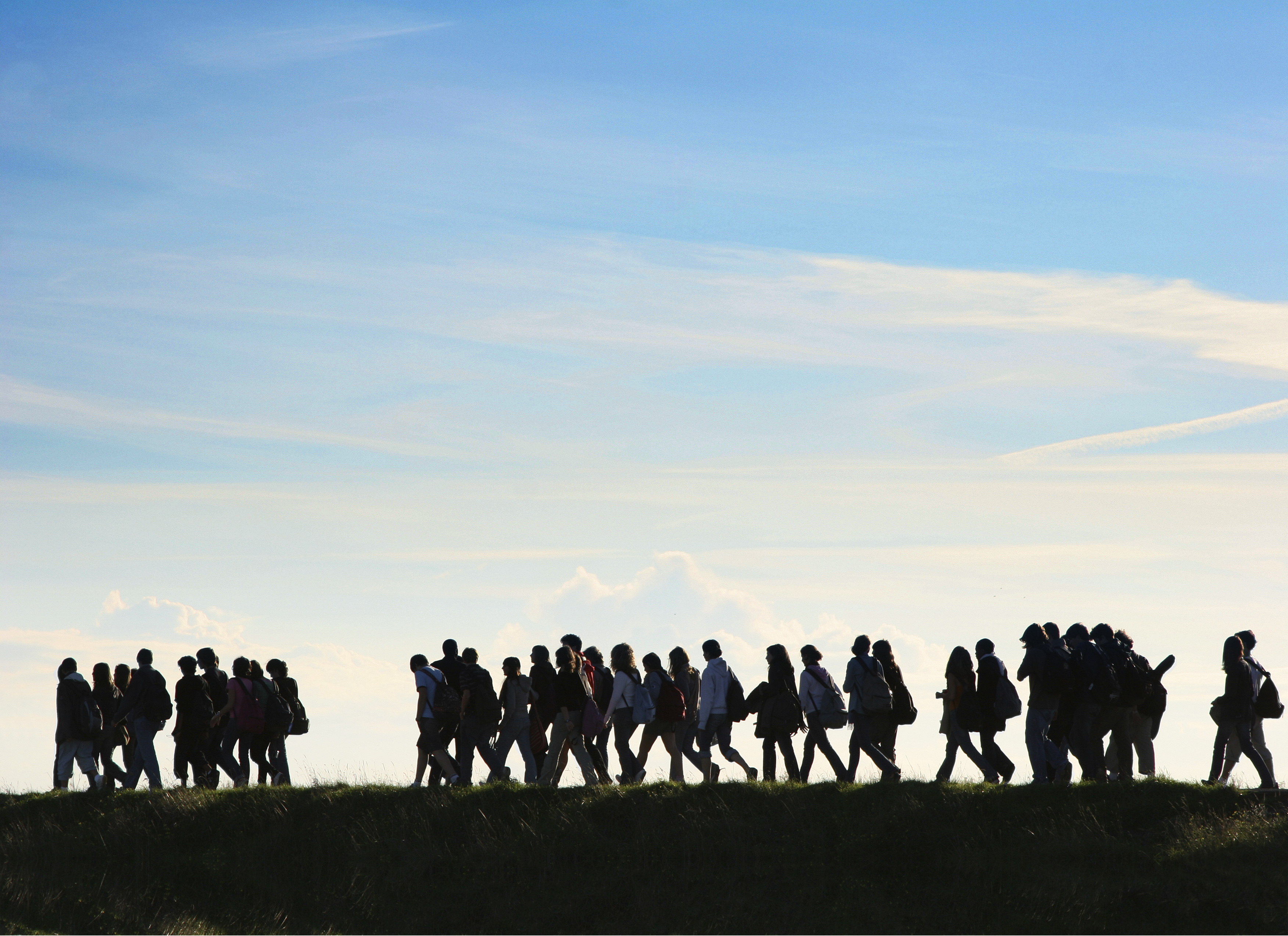
As the Swiss Cancer League marks its centenary, its president tells swissinfo.ch that the expected rise in cancer cases will present never seen before challenges.
Thomas Cerny says cases of the disease, already a leading cause of mortality – especially in the 45-64 age group – could double as the population ages. But lifestyle changes made now could prevent around 40 per cent of cancers.
The professor of medical oncology at Bern University and head of oncology at St Gallen Cantonal Hospital said that he also had hopes for the new field of epigenetics.
Research has shown that some cancers are caused by epigenetic changes, tiny chemical tags that accumulate over time and can turn genes on or off. It is thought that these changes can sometimes be reversed using milder treatments than currently offered.
The Swiss Cancer League is using its jubilee year to show solidarity with cancer patients and their families with events to raise awareness of the devastating disease. The non-governmental organisation works to encourage cancer prevention and research as well as give support to those affected.
swissinfo.ch: You have said that one in three people in Switzerland will get cancer at some point in their lives. That seems very high.
Thomas Cerny: That’s about average. But if you look at the incidence – new cases – in the western world, Switzerland is about top in Europe. The reason for this is not so clear.
No one can really know what the cancer situation will be like in ten to 20 years. This is due to demographic changes, with people over the age of 50 now being the most prominent part of the population. We expect to have almost a doubling of cancer cases in most western countries in the next two decades.
We have, as in most western countries, a rapid decline in cardio-vascular mortality. The World Health Organization said this year that cancer is now the leading cause of mortality in the western world and this is now also the case in our country.
swissinfo.ch: This future doubling of cases will set a lot of challenges.
T.C.: Absolutely, challenges we’ve never seen before, and even experts at the moment don’t really have the right answers. So it’s terribly important for an NGO like the Swiss Cancer League to push for more prevention and early detection so we can really decrease unnecessary suffering from cancer – and do it now because if we don’t do it in the next two decades, the price will be high.
swissinfo.ch: What is the current state of cancer care in Switzerland?
T.C.: We have done a lot, and in particular the diagnostic and therapeutic options in Switzerland are among the best in the whole world and also the results look good.
But we have the same problems as other western countries, we know that distribution of quality is not equal across the country [such as in breast cancer care], we know that socially deprived people don’t get really the necessary care and especially that they don’t follow prevention and early detection programmes. They are more prone to die of cancer and their lifespan is around five years less than people of higher social strata.
swissinfo.ch: And of course people with cancer are now living longer.
T.C.: Cancer, because there are better treatments, is now becoming a sort of chronic disease. More than half the patients not cured of cancer survive more than five years and many of them even ten or 20 years. It’s quite likely in the near future that an important number of these patients will not die of cancer, they will have other diseases as well. This will also change our system because we will not only have to care for more cancer patients, we will also have to care for them for a longer time and this costs.
swissinfo.ch: What then can be done to improve the quality of cancer care in Switzerland?
T.C.: We have had a lot of improvements in diagnosis and treatments such as surgery, radiotherapy, chemotherapy, hormonal therapy, immunotherapy but an enormous potential in decreasing the suffering related to this disease lies in lifestyle.
There is a chance of avoiding roughly 40 per cent of cancers and that’s by avoiding smoking, smoking, smoking – active and passive. It’s also avoiding sunburn, exercising daily and it’s obviously also what we eat. We have to be careful, avoiding massive intakes of alcohol and so on.
swissinfo.ch: The Swiss Cancer League is launching a quality label for breast cancer centres.
T.C.: We have seen that we don’t always get the high quality we pay for, so we are now installing a breast cancer quality label where groups of cancer doctors can get the label if they follow international criteria, if they document whether they use standard procedures and if they are willing to show their results to outside experts.
We also want to highlight rehabilitation for long-term cancer patients. The indirect costs of cancer are terribly high. If someone has cancer, it’s very important that they can go on functioning in their professional and social life. This is something which has not been done enough in the past – rehabilitation to go to back to work, to be able to manage family life again, to do sports again. All these things are important programmes and are cost-effective.
swissinfo.ch: What are your hopes for the future?
T.C.: The big hope is research, basic and applied research, and we are again just on the brink of a revolution. We had molecular biology in the 1980s and 90s, we had molecular genetics in the last 20 years and there is now epigenetics.
That’s a tremendous new field, with important new hopes of improvement in the direction of more individual, personalised medicine. It’s not something that will come immediately, but the first successes, such as some medications in leukaemia, are already here.
Isobel Leybold-Johnson, swissinfo.ch
The non-profit organisation is made up of 20 cantonal and regional leagues. It is funded through donations and works to promote cancer research, prevention and to support people living with the disease.
It announced its 100th anniversary event programme on February 4, World Cancer Day.
March 4: special anniversary stamp issued by Swiss Post.
May 29: “en route with cancer” march aims to mobilize 35,000 people (equivalent to the number of new diagnoses per year) across the land. They will then march to Bern, where Swiss President Doris Leuthard will make a speech.
August 28: bike race against cancer on the Gotthard Pass.
Two books on living with cancer and the league’s history are also being published, and concerts staged.
People diagnosed with cancer per year: 35,450
Cancer deaths per year: 15,512
Two-thirds of new cases diagnosed among those aged over 60.
One third of the population will be affected by cancer; one quarter will die from it.
Most common diagnosed cancer types (November 2009):
Men: prostate cancer (29.6%), lung cancer (12.9%), colon cancer (11.4%), melanoma (4.9%), bladder cancer (4.6%)
Women: breast cancer (32.2%), colon cancer (11.2%), lung cancer (7.6%), melanoma (5.6%), uterine cancer (5.6%)
The highest mortality rates come from lung cancer for men and breast cancer for women.
A vaccine for the virus that causes cervical cancer has been introduced for girls aged 11-14. Each year 250 women are diagnosed with the cancer and 90 die from it. A quarter are younger than 40.
(Source: Swiss Cancer League)

In compliance with the JTI standards
More: SWI swissinfo.ch certified by the Journalism Trust Initiative

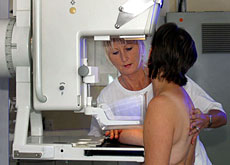
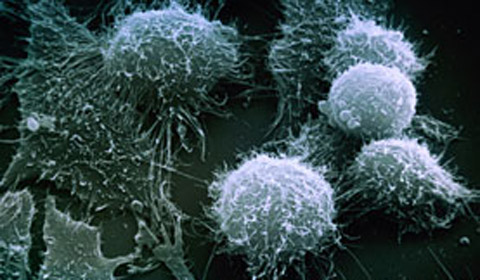
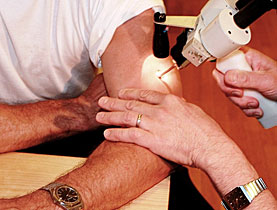
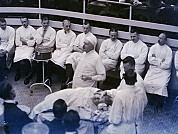
You can find an overview of ongoing debates with our journalists here. Please join us!
If you want to start a conversation about a topic raised in this article or want to report factual errors, email us at english@swissinfo.ch.